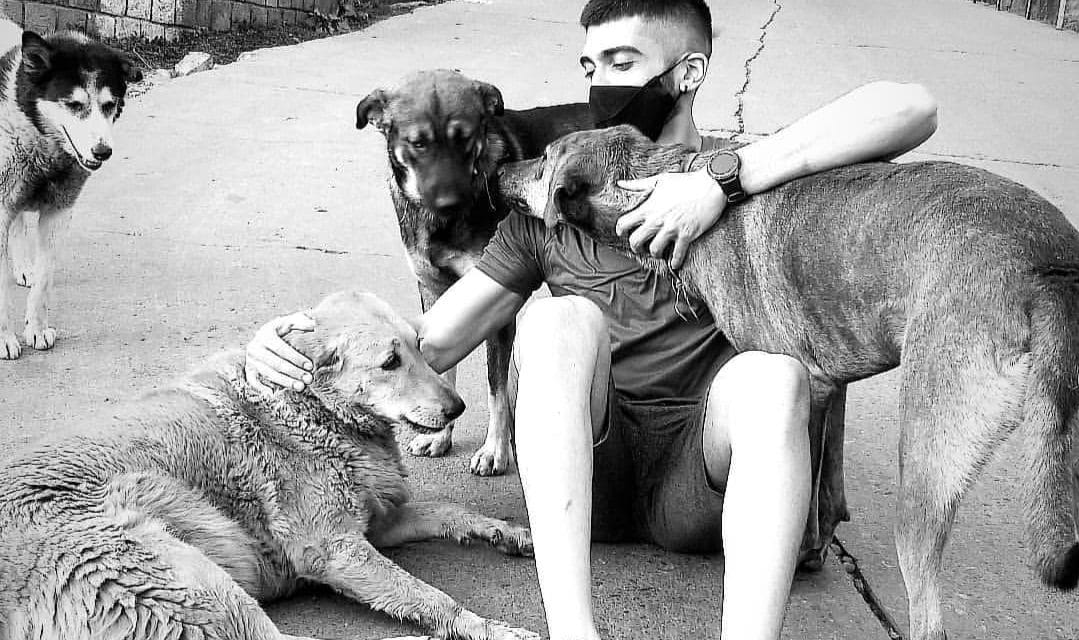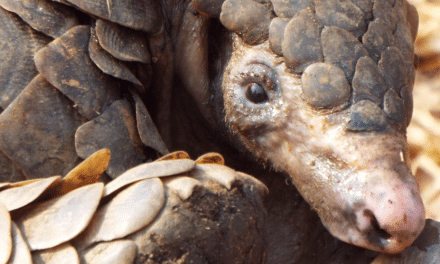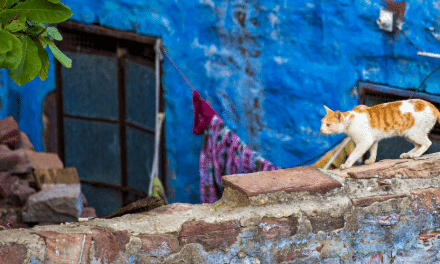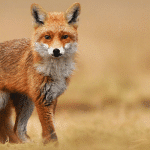By Samantha Ray Das, law graduate of KIIT University School of Law; Advisor at Deloitte US India
Indian streets are home to an estimated 40 million stray canines. One can find a pack of stray dogs around almost every other corner of India. Although this situation is not new, there is rapidly increasing human-animal conflict in the country, which is creating an imbalance between public health and the welfare of stray animals.
Once the pandemic occurred, the conditions for street dogs worsened, and it was too easy to find emaciated dogs across many parts of India. As the country went into total lockdown, the stray animals had nowhere to go to find scraps and fewer people about to beg. As a result of this dire situation, groups of animal lovers promoted ‘stray feeding’.
In the busy roads of Kotwali Bazaar of the scenic city of Dharamshala, Himachal Pradesh, the Dogra family took it upon themselves to feed the strays of their area, using their own resources. Accompanied by their iron-willed mother, siblings Sarthak and Surbhi set out carrying a few buckets of a nutritious homemade food mixture (made with dog food and rice) and began feeding as many strays as they could find. What began as one family’s altruistic routine, which they called ‘WeHelpTheStrays’ (WHTS), then transformed into a notable cause. It attracted notice and grew, and now WHTS covers multiple areas around Dharamshala with large feeding drives, with the support of thousands of people. The dedicated volunteers feed more than 200 dogs every day, and have been doing so for more than a year now. The efforts are coordinated and publicised through their Instagram handle @wehelpthestrays, and volunteers can either join in the feeding drives, contribute to fundraising, or donate food to the Dogras.
This seemingly agreeable, kind effort to feed the strays is not without controversy. With the growth of feeders like WHTS in all parts of India, guidelines and regulations were needed to mitigate the conflicts they face within the society. Such conflicts stem from the popular view that stray animals are a menace to the civilised society. Those with this negative view of strays believe that the dogs deserve to be driven out and left to fend for themselves. As a result of this prevalent viewpoint, the feeders are often abused while on feeding drives, and their work is deliberately interrupted. For example, recently one neighbour threatened to ‘shoot all the dogs’ in order to dissuade the Dogra family from carrying out their feeding program.
In order to protect the feeders from such harassment, Animal Welfare Board of India (AWBI) released a set of official guidelines for feeders, setting out their duties and rights. The feeders are given permits in the form of an ID card that recognises their work. According to these guidelines, feeding stray dogs is a legally protected activity, and caregivers and feeders should get these dogs vaccinated and sterilised to support animal welfare organisations in maintaining their health. The Board also issued instructions for stray dog caregivers, instructing them to use hygienic feeding procedures when feeding strays in public and to avoid feeding strays near playgrounds. Although AWBI guidelines are simply advisories, and so lack the stronger force of law, the entity is a central body with implicit regulatory powers that are regularly cited by the judiciary in its judgments.
As for national animal welfare law in India, this first came in the form of the Prevention of Cruelty to Animals Act, 1960 (hereinafter referred to as the PCA Act). For the first time, this statute criminalised cruelty to animals in India. It was expected to become a boon for stray dogs subjected to an everyday risk of abuse. The impact of the Act was complemented by Sections 428 and 429 of the Indian Penal Code, which penalise any act of killing, poisoning or maiming any animal. Interfering with or harassing anyone who chooses to care for and feed community dogs is criminal intimidation, as defined by Section 503 read with Section 506 of the Indian Penal Code.
However, these provisions are undermined by poor implementation and enforcement. Despite being part of India’s toughest statute, the strength of these provisions is yet to be sufficiently harnessed. Even though the Indian Constitution encourages peaceful coexistence among all animals and compassion for all living species as one of our Fundamental Duties [Article 51(g)], the PCA Act prescribes a fine of only fifty rupees for offences against animals. The Act was enacted in a time when this amount was considered economically high; however, the fine has remained unchanged despite inflation and wider circulation of money now rendering that amount much less significant. This low fine amount has been subjected to heavy backlash from the animal welfare community recently. In an effort to make the PCA Act a shining example in animal welfare law, activists are demanding an amendment that will raise the fine, using the hashtag ‘#NoMore50’ across all social media platforms.
The Indian Judiciary, in response, has issued some orders in favour of animal welfare and caregivers. In a recent dispute between two residents of a locality on this issue of feeding stray dogs, the Delhi High Court said that any person having compassion for stray dogs can feed them at their private entrance or driveway of their house or any other place not shared with other residents, but no one can restrict the other from feeding of dogs, until and unless it is causing harm or harassment to them. In this very positive decision, Justice J R Midha added that community dogs (stray/street dogs) have the right to food and citizens have the right to feed community dogs, but in exercising this right, care and caution should be taken. The 86-page verdict also directed the formation of a committee to look into the implementation of these guidelines. This verdict resulted in a huge sigh of relief for animal lovers across the country due to the recognition attributed to the issue by a significant wing of the judiciary.
Such positive responses from authorities have given stray caregivers and citizens more awareness and security in their rights and duties, and although a lot remains to be changed, such responses result in a renewed dedication to the work.
And there is an additional silver lining: Adoptions of strays have increased during the pandemic. Recently, WHTS celebrated their 100th stray puppy adoption in Dharamshala. The family, being home to five adopted strays themselves, understand the significance of such adoptions. WHTS have now successfully rescued over 100 puppies off the streets and into loving homes, and the number is increasing. Figures like these provide some hope in a time where a lot of pet animals are being surrendered or abandoned.
These difficult times have demonstrated how much society could benefit if human-animal conflicts like that of stray dogs in India were mitigated. With animal-aware judgments and necessary amendments to legislation, the strays and their communities would have some relief. Also, proper enforcement of laws can solve so many stray dog issues in India. The rest of the problems might well be solved if more people opened their hearts toward coexisting with kindness for the animals. As Sarthak Dogra aptly stated, “We would be the happiest if there comes a day when WeHelpTheStrays is not needed anymore because every stray dog is well taken care of in every corner of the country, by the very people with whom it shares the community.”
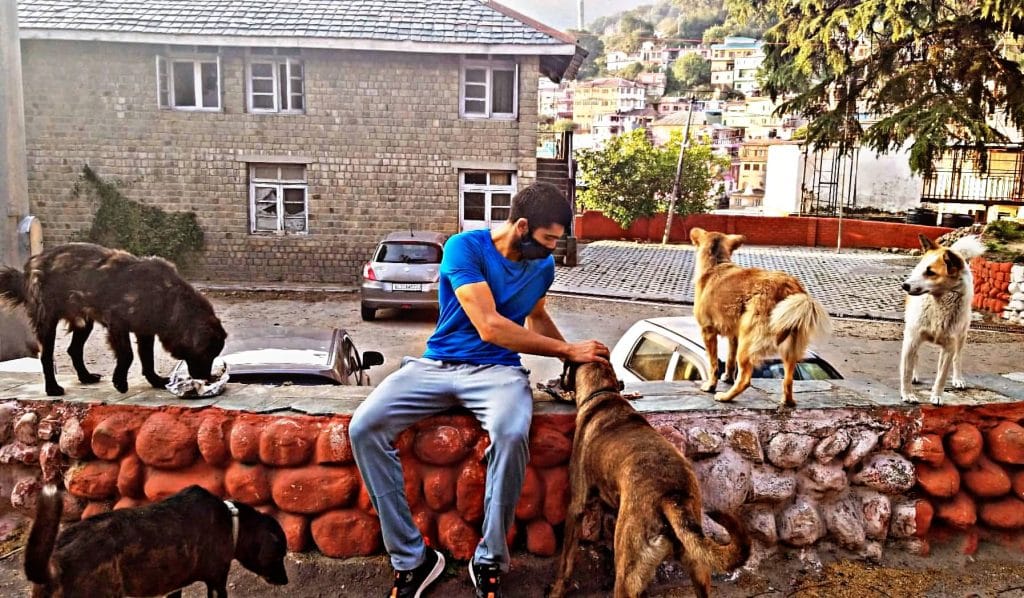
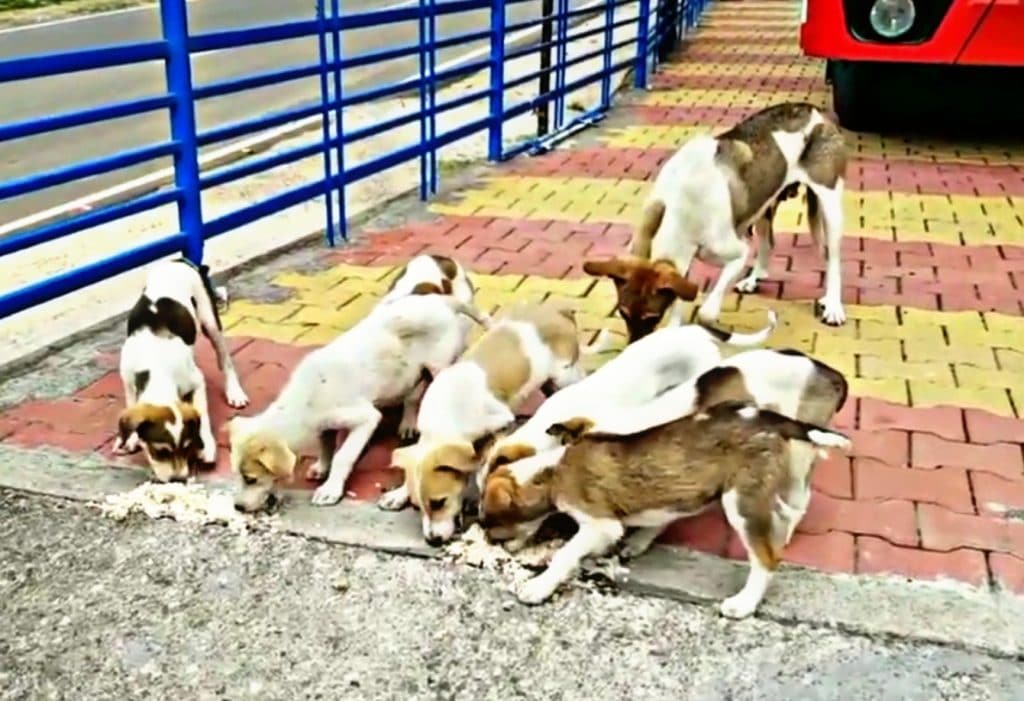
Sources
https://blog.ipleaders.in/prevalent-stray-dog-feeding-rules-existing-india/
http://awbi.in/policy_acts_rules.html https://theprint.in/judiciary/stray-dogs-have-right-to-food-no-one-can-restrict-others-from-feeding-them-delhi-hc-says/688379/
https://milaap.org/fundraisers/support-sarthak-dogra
https://www.instagram.com/wehelpthestrays/

